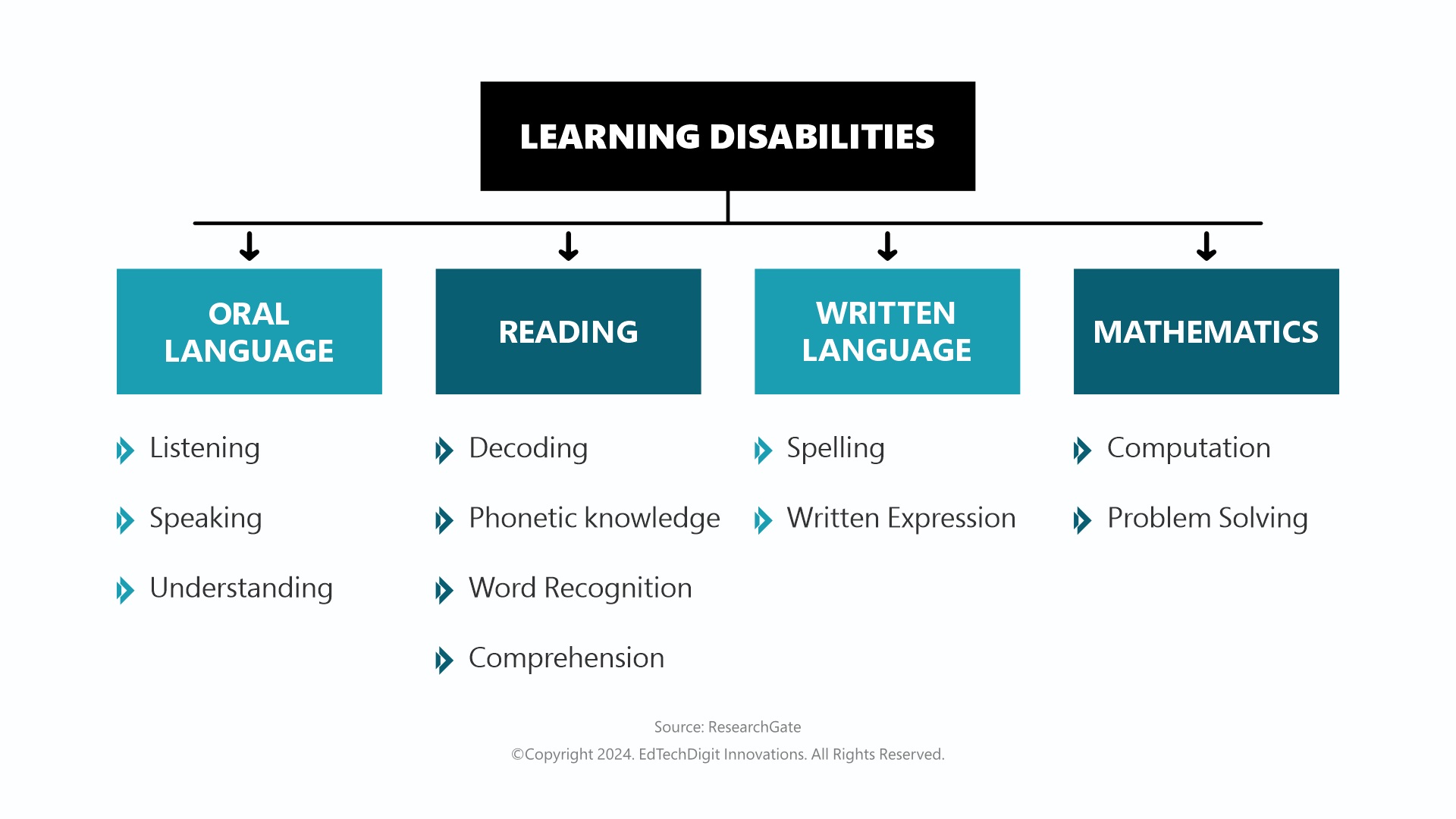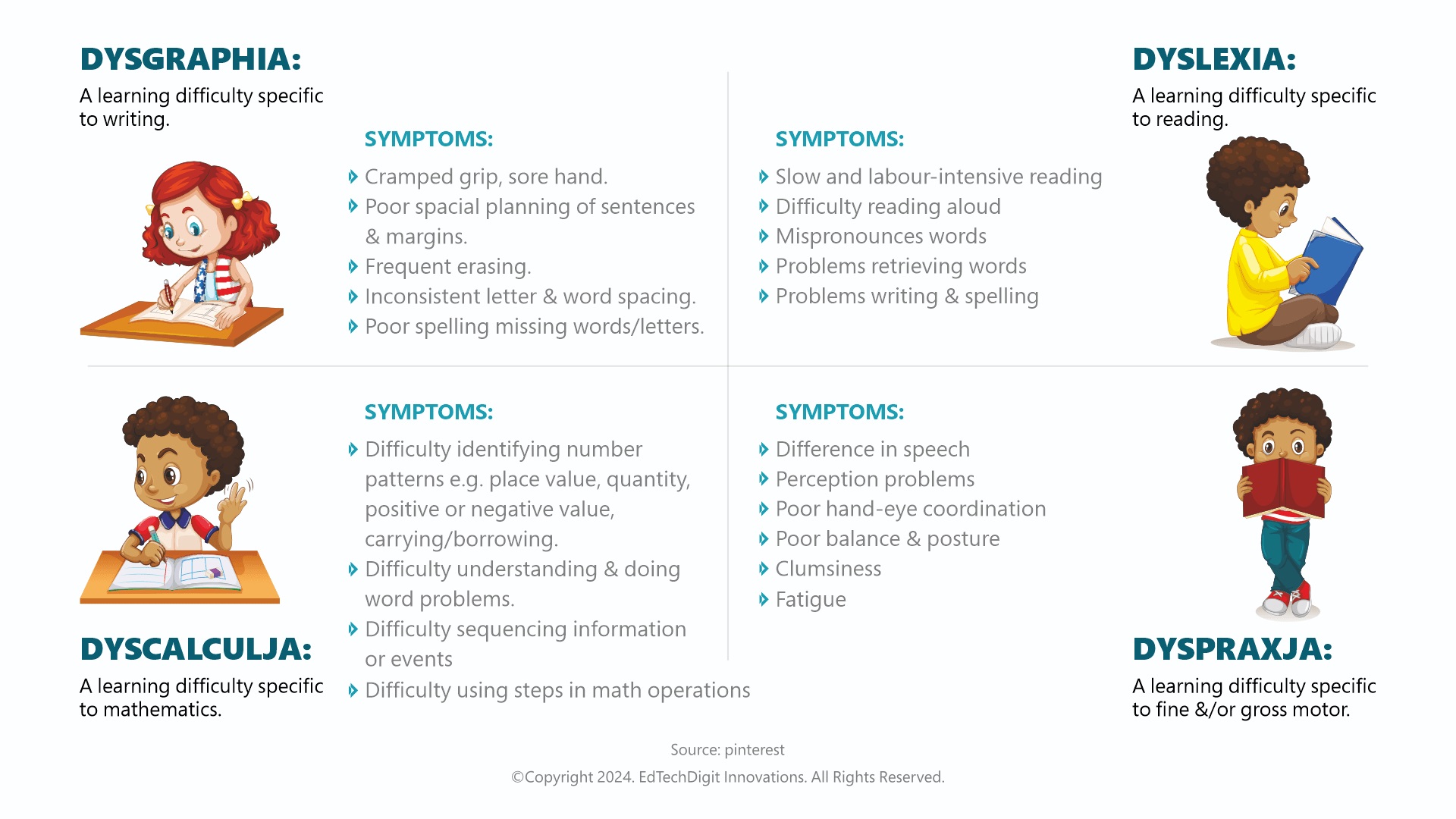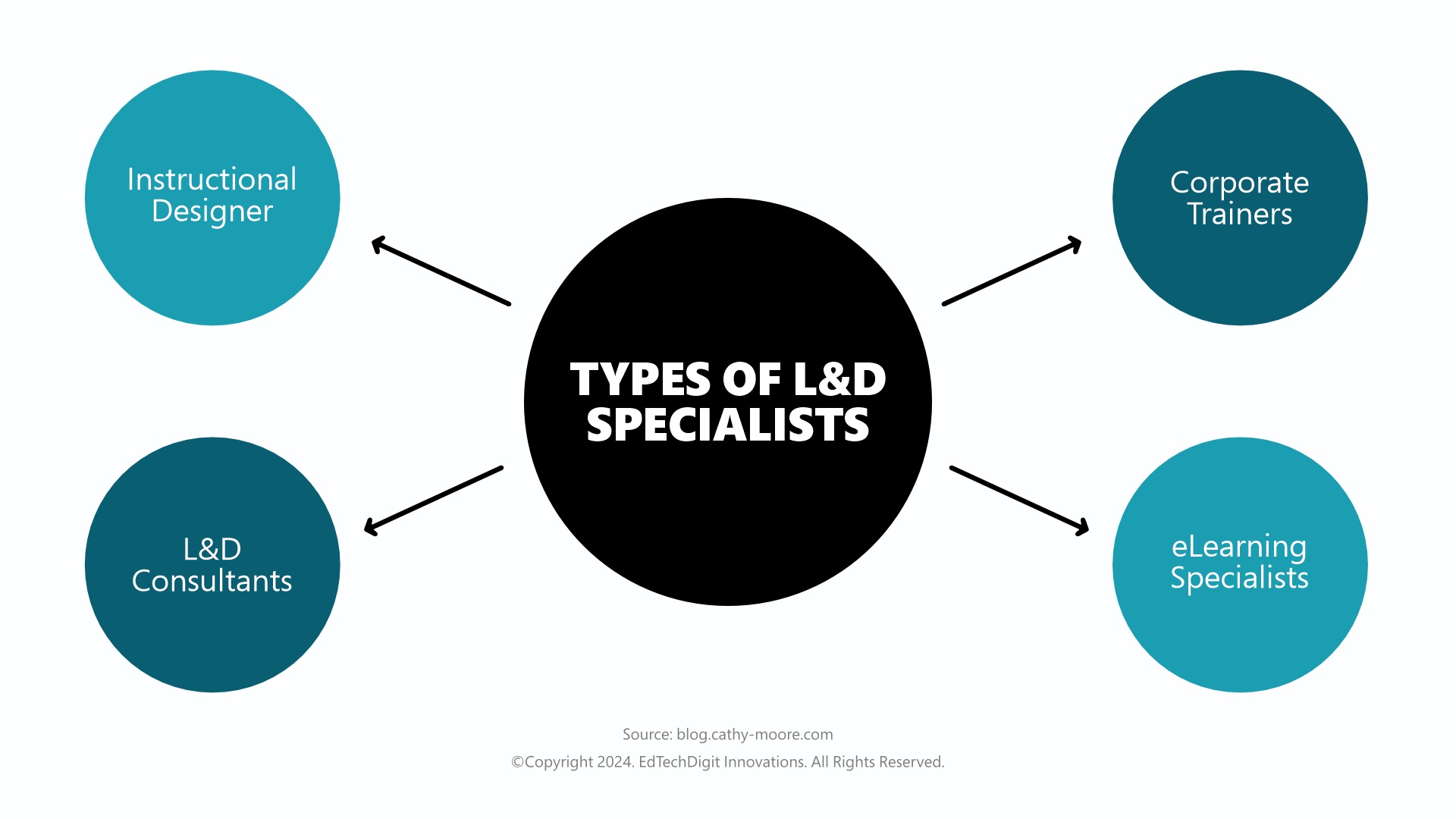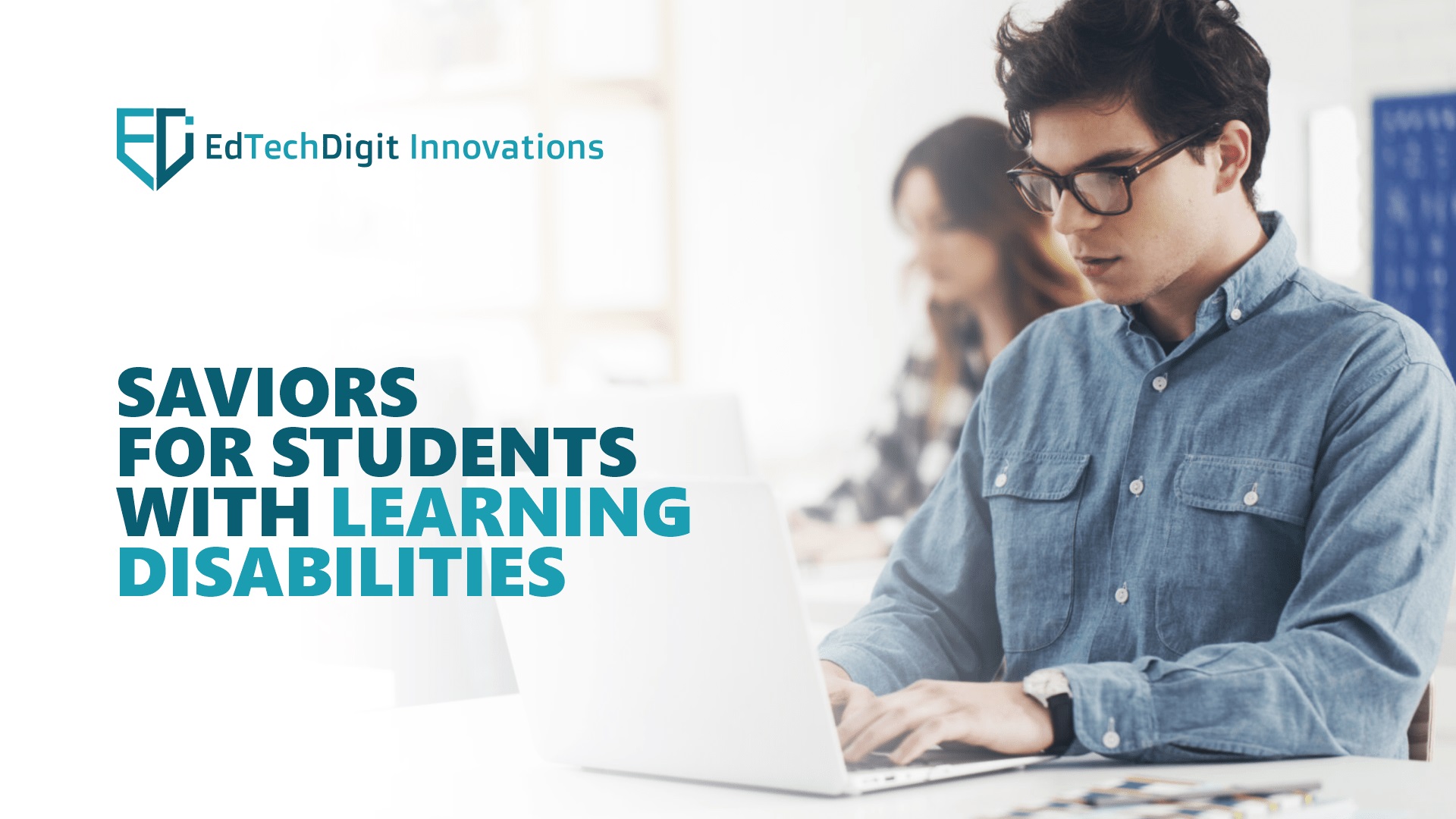
Did you know that? That statistic would mean a nearly one in seven individuals in the world has a learning disability. However, learning disabilities are the most common in children. In the USA, about 5-10% of the population, or 6-12 million individuals have a learning disability. This alarming state brings us to the boiling pot of understanding the core of a learning disability and how to rectify it in the bud with the assistance of professional learning. Researching the realms of learning disability, its probable causes, and the rectifying measures that can assist in bridging the gap and leveraging higher benefits for the suffering population; will be a huge step forward. Let us understand in greater depth.
Understanding Learning Disabilities:
Learning disability is a disorder that affects the way some’s brain works, making it harder for them to learn, understand, or do things. Learning disabilities can affect a person’s ability to understand or use spoken or written language; do mathematical calculations, coordinate movements, and direct attention.
Learning disabilities can affect people of all ages and are lifelong conditions that cannot be cured. However, with early diagnosis, treatment, and support; people with learning disabilities can be successful at fighting it. A child with a learning disability processes what they read and hear differently. They struggle to process the connection between words, and their meanings, and relate them to familiar experiences and information.
What Causes a Learning Disability?
Learning disabilities are caused by a combination of genetic and environmental factors; such as:
- Biological family history of learning disability
- Premature birth
- Fetal exposure to alcohol or other substances
- Malnutrition
- Exposure to environmental toxins
- Adverse childhood experiences
- Traumatic brain injury
- Infection in the central nervous system
- Physical stress before or after being born
Despite what some people think, poor vision, focusing problems, jerky eye movements, and crossed eyes do not cause learning disabilities.
Early Signs of a Learning Disability:
- Difficulty with reading, spelling, and mathematical operations
- Limited attention span
- Poor memory
- Hyperactivity
- Poor organizational skills
- Poor fine motor control
- Poor gross motor control
- Emotional and social immaturity
- Works slowly
- Difficulty in managing time
- Trouble following directions
- Difficulty in learning letters
- Consistent complaining about their peers or teachers
- Apprehensive of reading out loud
- Disinterested in going to school or outside
- Clumsiness
- Trouble telling time
- Problems staying organized
Types of Learning Disabilities:


With these types of learning disabilities being explained above; it is imperative to take action and corrective measures to foster enhanced growth for the learner.
Testing for a Learning Disability:
Wechsler Intelligence Scale, Wechsler Adult Intelligence Scale, Stanford-Binet Intelligence Scale, Kaufman Assessment Battery for Children, Differential Ability Scales, and Cognitive Assessment System are some of the popularly known tests that one can get through to identify and rectify probable learning disability issues.
Who is a Learning Specialist?
A learning specialist is a trained professional who works with students who have learning disabilities. They specialize in identifying the unique needs of each student and developing strategies to support their learning. Learning specialists may work one-on-one with students, in small groups, or a classroom setting. They work closely with teachers and parents to provide guidance and support for enhanced learning.
Types of Learning Specialists:

With these diversely skilled and targeted specialists at work, you are sure to experience an elevated level of understanding and a smoother way toward normal conceptualization.
Responsibilities of a Learning Specialist:
- Developing strategies to support the student’s learning
- Providing individualized instruction
- Collaborating with facilitators, teachers, and parents
These three critical aspects form the core of a learning specialist’s functioning as this assist in enhancing the productivity and comprehension capabilities of delayed learners.
Impact of a Learning Specialist:
- Improved academic scores and overall performance
- Spike in self-confidence and self-esteem
- Greater spark of independence
- Polished social skills
With a learning specialist; a learning disability learner can stride to greater heights and become an active part of society with legibly stark differences. It is inevitable for the parents and facilitators of the child with a learning disability to guide and motivate them to strive for elevated participation with normal learners to boost their morale.
Final Word:
However, having said and done! There is no quick fix resolve to a learning disability. One needs to be consistent with the learners to propagate enhanced learning and understanding of daily concepts. Learning specialists are saviors when it comes to specialized guidance and targeted training. Trained educators and seasoned compassionate learning specialists are designated to enhance their understanding of the deficit areas of their learning. Let us make learning a smoother pathway for every learner with greater skill!

